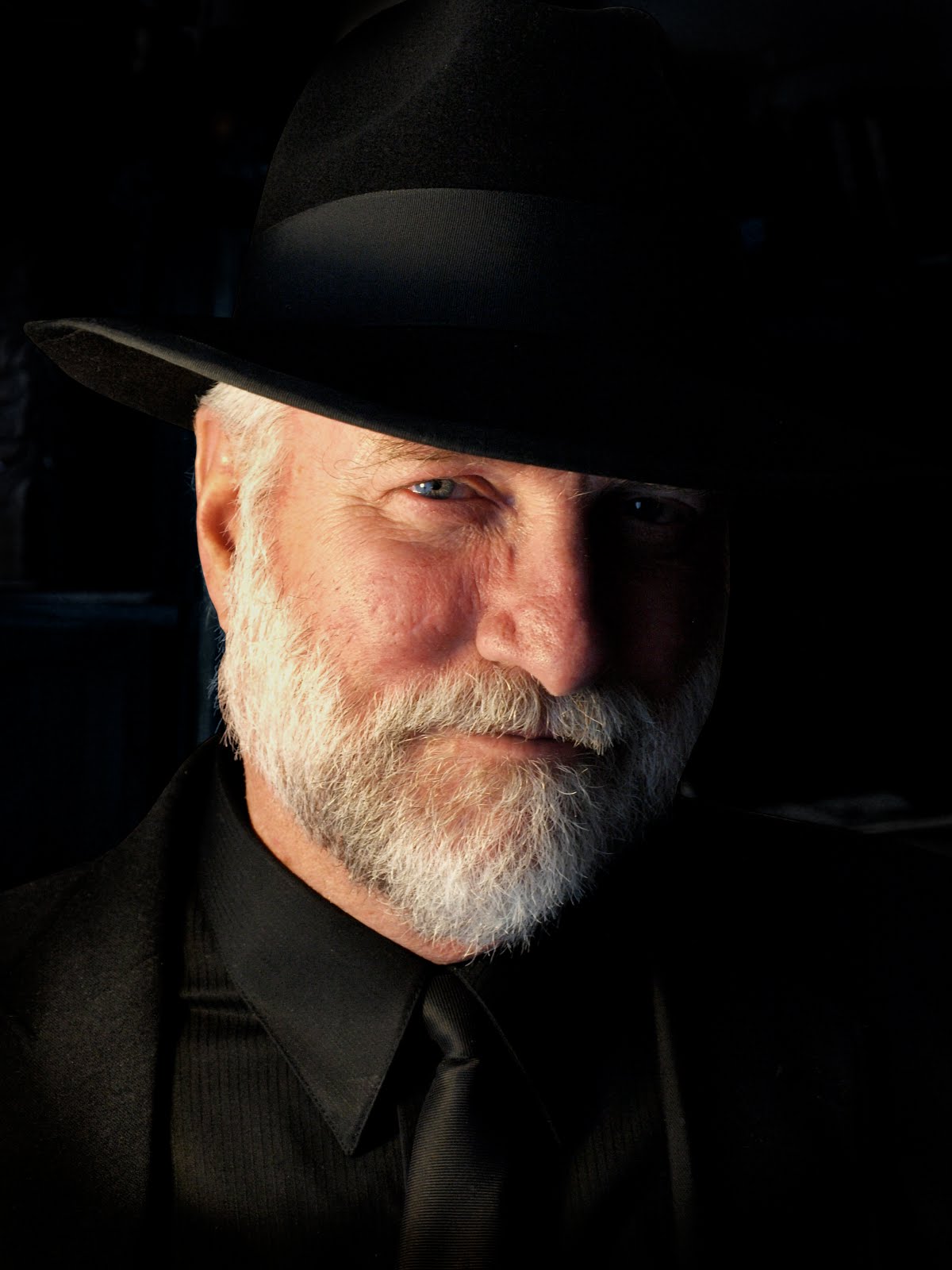
Abraham Lincoln
February 12, 1809—April 15, 1865
Perhaps no one person is more associated with leadership than President Abraham Lincoln. He is considered by many historians to be our greatest President. He certainly experienced the greatest test of leadership of any President since Washington. Without his steady hand and strength of personality during the Civil War, it is likely that our nation would not have survived undivided. Though Lincoln’s leadership qualities were numerous and were all implemented during his Presidency. Two of those qualities stand out to me personally; humility and focus.
Lincoln had been very outspoken in his opposition to slavery throughout his short political career in the Illinois and U.S. congresses, which allowed him to win the anti-slavery Republican Party’s nomination for the presidency in 1860. His ultimate election to the presidency created such displeasure within the pro-slavery South that one after the other, the most strongly pro-slavery states chose to secede from the union and form a new Confederate States of America.
Though Lincoln opposed slavery, he was a pragmatist, and it was not his immediate intention to end slavery. If he could have preserved the union without ending slavery he said he would have. However, it became clear that the Union’s preservation would only be accomplished through our nation’s most bloody and costly war. Ultimately, fearing that Great Britain might enter the war on the side of the South with whom they had important economic ties, Lincoln issued the Emancipation Proclamation, which, by legal decree, freed only the slaves in the rebel states, making it politically difficult for anti-slavery Britain to become directly involved. Later, he promoted the Thirteenth Amendment to the U. S. Constitution ending the institution of slavery throughout the United States. In so doing, Lincoln did free the slaves while preserving the Union.
My personal interest in Lincoln comes from the fact that my great-great-great uncle John George Nicolay was Lincoln’s private secretary and biographer. A story handed down through the generations of my mother’s family (Nicolay) tells of the meeting of Lincoln and Nicolay. Nicolay, born in 1832, was the youngest son of German emigrants that came to America in 1837, allegedly to escape an edict to always stand and salute passing members of the reigning house. Both of his parents died by the time he was 14 years old and he went to live with newspaperman Z. N. Garbut and was taught the newspaper business. By 1853 Nicolay was owner and editor of the Free Press in Illinois. Cherishing a hope to also practice law, Nicolay sold his business and took a job as a law clerk with his friend O. M. Hatch (Secretary of State of Illinois) under whom he studied. In 1858, then famous Illinois lawyer and Congressman Abraham Lincoln came to visit Hatch to discuss his plans to run for the Presidency. According to family lore, when Lincoln entered the room, all of the young law clerks, except Nicolay, stopped what they were doing and swarmed around the future President. The fact that Nicolay continued his work rather than join in to flatter him did not go unnoticed by Lincoln. Impressed by the young man’s focus on work, Lincoln offered him a job as his personal secretary during his bid for the presidency. Nicolay wrote an editorial article calling for the election of Lincoln for President that was reprinted all around the nation. It was so powerfully written that some historians credit it as the reason Lincoln won the Republican nomination.
Obviously, this story has been passed along through the family to show the strength of our ancestor’s character, but I think it also says much about the character of Abraham Lincoln. Lincoln, a wise man, was not moved by flattery and not easily fooled. Lincoln was fairly humble for a man with desires to preside over his fellow men, as attested also by his famous self-deprecating humor. With humility came the understanding that a good leader needs capable and focused followers. The focus and work ethic that Lincoln found in Nicolay was what he would similarly find in Ulysses S. Grant just a few years later.
Recognizing that he himself was not a military leader, Abraham Lincoln struggled to find a general to lead his army to victory against the South for the first three years of the Civil War. Many generals, including Winfield Scott, George B. McClellan, Henry W. Halleck, and Nathaniel Banks, had accepted the role of Commanding General over the Union troops only to fail to follow Lincoln’s direction to take the war to the enemy. These generals, Lincoln thought, were too concerned with not losing. Not until Ulysses S. Grant took command, did Lincoln feel satisfied that the war was being fought to win. He was proved right.
Abraham Lincoln was a great leader because he combined humility with tenacity. He recognized his own weaknesses. He understood that good leadership requires capable followers who can also lead. Focus or tenacity, as demonstrated by Nicolay and Grant was a highly prized quality by Lincoln and one that he exhibited himself, working untiringly against great odds until the day he died.


2 comments:
Bonjour Randy,
Good article, a pleasure to read. President Lincoln dwarfed many US presidents to come.
I remember that saying of him "You can lying to some of the people all of the time............"
Do you happen to know how it continues?
Georg
Bonjour Georg,
That would be: "You can fool all of the people some of the time and you can fool some of the people all of the time, but you can't fool all of the people all of the time."
Post a Comment